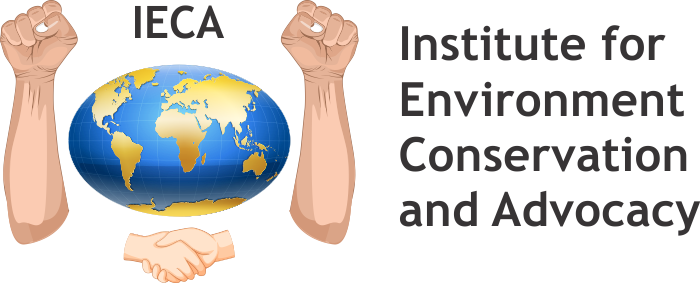Experiential environmental education for youth is crucial for fostering a deep connection with nature and instilling a sense of responsibility towards the environment. Here's how to implement it effectively:
- Outdoor Adventures: Organize outdoor activities like hiking, camping, or nature walks to introduce youth to the wonders of the natural world and encourage exploration.
- Hands-on Learning: Provide opportunities for youth to engage in hands-on activities such as gardening, tree planting, or wildlife observation to learn about ecosystems and conservation practices.
- Nature-Based Arts and Crafts: Incorporate creative activities like nature-inspired art projects, eco-friendly crafts, or storytelling sessions to foster appreciation for the beauty and diversity of the environment.
- Citizen Science Projects: Encourage youth to participate in citizen science initiatives where they can contribute to real scientific research by collecting data on topics like biodiversity, climate change, or pollution.
- Environmental Games and Challenges: Organize interactive games, scavenger hunts, or environmental challenges to make learning fun and engaging while teaching important concepts like recycling, energy conservation, or sustainable living.
- Community Service Projects: Engage youth in community service projects focused on environmental conservation, such as beach clean-ups, tree planting events, or habitat restoration efforts.
- Outdoor Classroom Sessions: Take learning outdoors by holding classroom sessions in natural settings like parks, gardens, or nature reserves to provide a dynamic and inspiring learning environment.
- Environmental Workshops and Camps: Offer workshops, day camps, or summer camps focused on environmental themes where youth can learn from experts, participate in field trips, and develop practical skills.
- Youth-Led Initiatives: Empower youth to take leadership roles in planning and implementing environmental projects in their schools, communities, or peer groups, fostering a sense of ownership and responsibility.
- Experiential Field Trips: Organize field trips to environmental education centers, botanical gardens, wildlife sanctuaries, or sustainable farms to expose youth to a variety of environmental concepts and practices.
- Reflection and Action Planning: Facilitate discussions and reflection sessions after experiential activities to help youth process their experiences, identify connections to broader environmental issues, and develop action plans for positive change.
By incorporating these strategies, educators and youth leaders can inspire the next generation to become informed and empowered environmental stewards who are passionate about protecting and preserving our planet for future generations.

 Call :
Call :